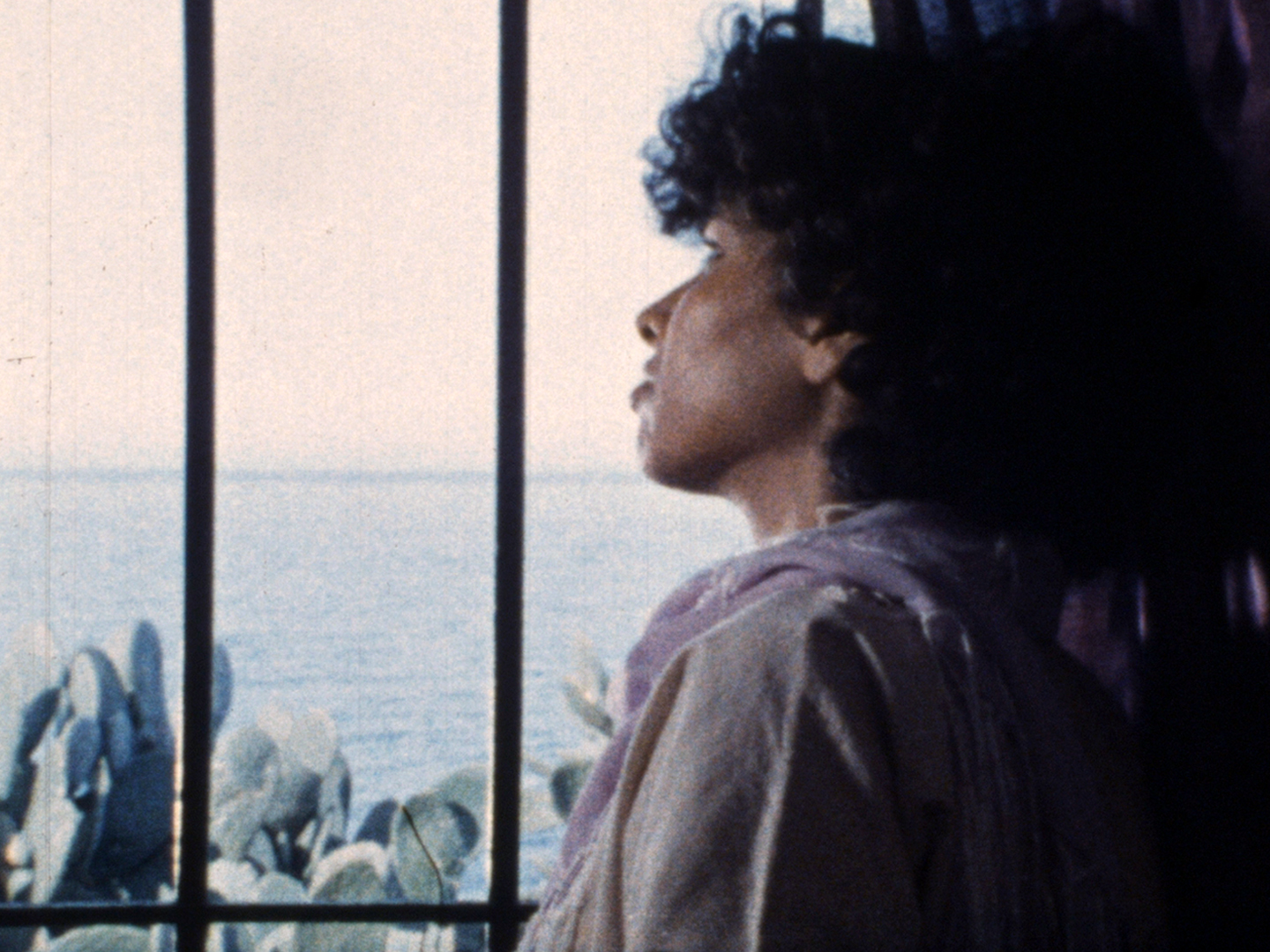
Assia Djebar, Wassyla Tamzali, 1978
So your film is more a film about space than about women?
Yes, because saying that my film is a film about women doesn’t mean anything. I’ll always make these films... Female bodies, women are my subject. Like a sculptor somehow, who uses a certain material, while another sculptor will use another material. That should mean something, shouldn’t it? I think that’s what the Cinémathèque audience couldn’t stand; I’ve removed men from my film. But what can I say, except that I’ve just shown what exists in reality. I intentionally separated the sexes in the image, as in reality. The intention is feminist, and why not? I wanted to show the number one problem of Algerian women, which is the right to space. Because I was able to verify that the more space the women had, the firmer they stood.